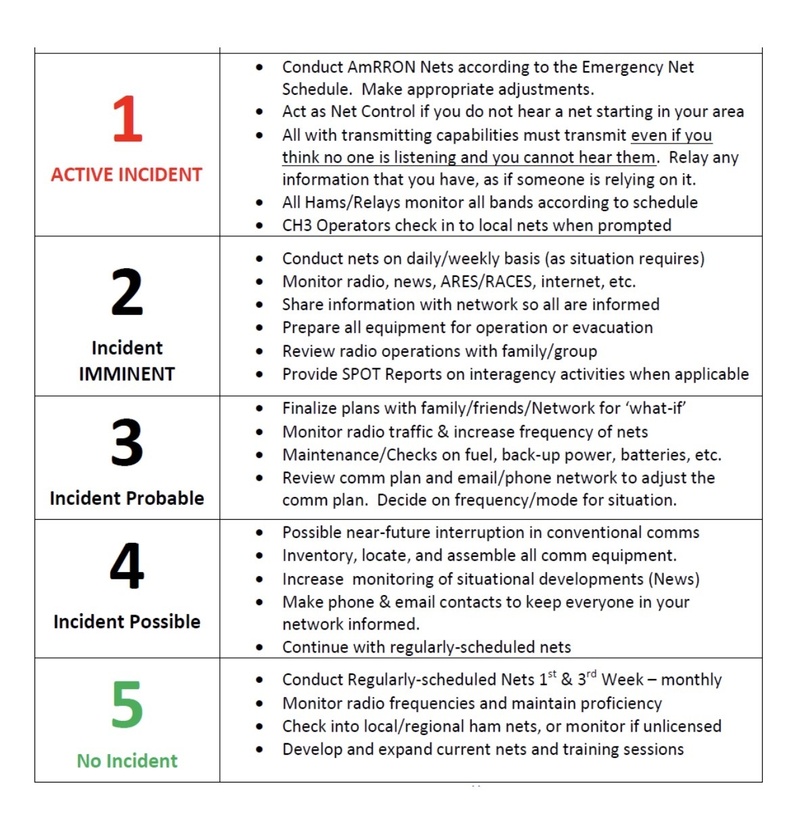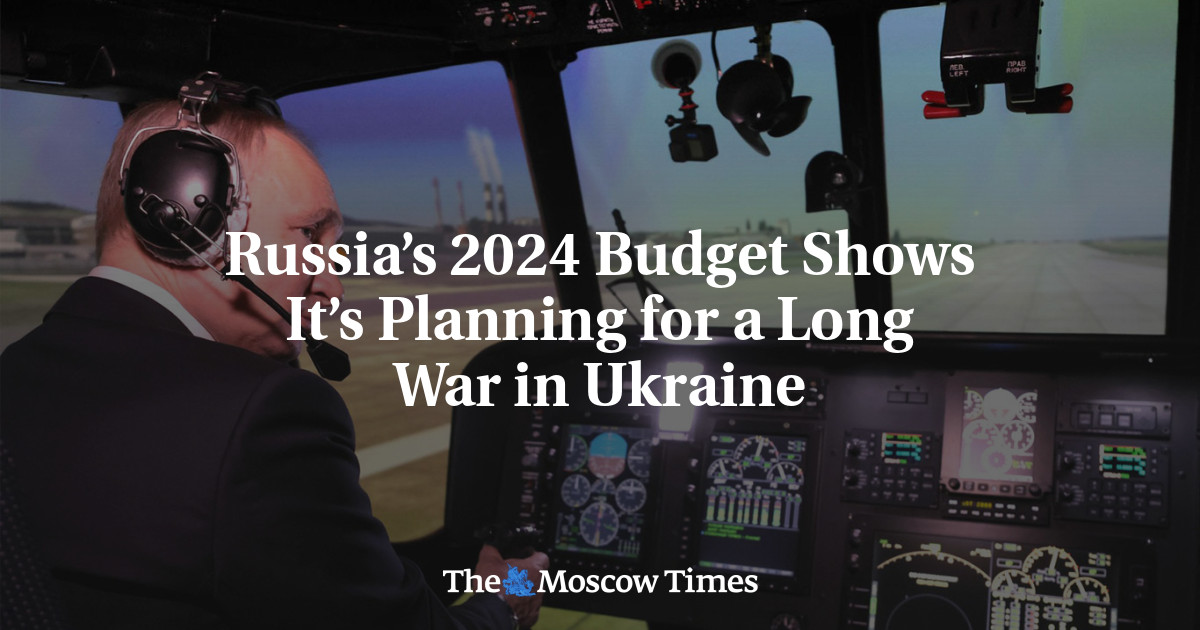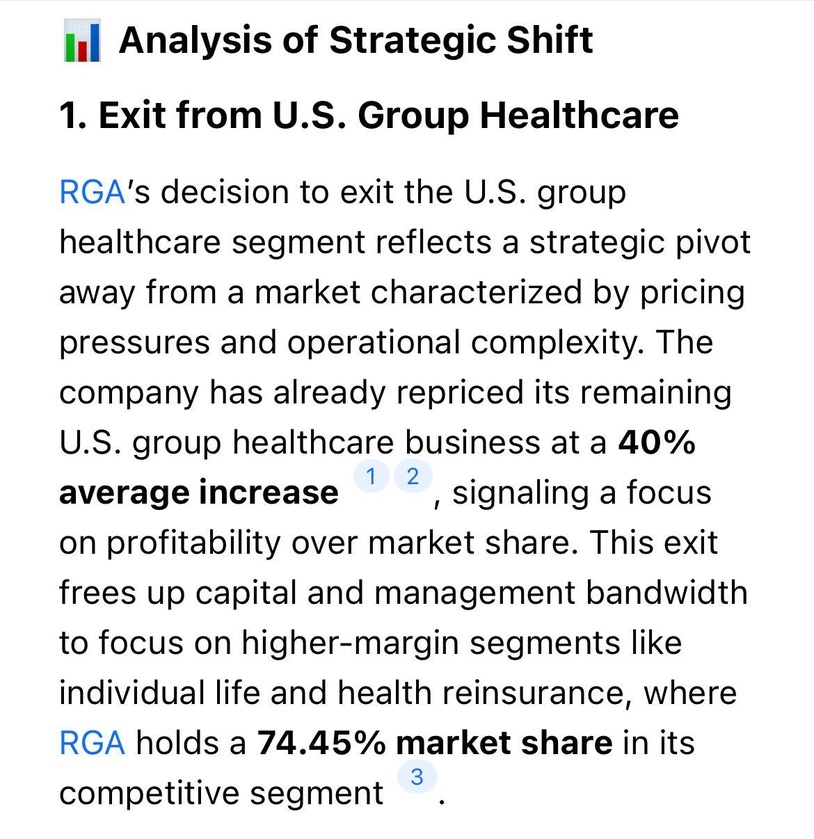
We know what’s coming and we are prepared.
🇷🇺 "For the first time in modern history, the country is set to spend 6% of gross domestic product (GDP) on the military, and defense spending will exceed social spending. The war against Ukraine and the West is not only the Kremlin’s biggest priority..."
🔶️ "Defense spending in 2024 will almost double compared to this year. While that is less than the 12–17% of GDP that the Soviet Union was spending on defense at the height of the Cold War, it is comparable to U.S. military expenditure in the 1980s."
🔶️ "The Kremlin isn’t just gearing up for a prolonged war in Ukraine, but apparently sees certain economic benefits from such a scenario. Unlike oil, guns drive industrial growth: economic growth reached 4.9% in July. Industries directly related to the war have seen spectacular growth: production of transport is up 66.7% from last year, computers and electronics are up 42.6%, navigation devices 72.4%, electrical equipment 29.5%, and protective clothing 40.4%. Industries indirectly linked to the fighting are also experiencing abnormally high growth rates: equipment repair and installation is up 8.5%, while the food industry saw 11.3% growth."
This guy wrote a 25 line Python script he claims "can probably unredact all of the Epstein files in less than 30 seconds".
"I am not suicidal, I am a great swimmer, and I look forward to living my life well into my 80s."
Follow @RealWideAwakeMedia for more content like this!
Merch: https://wideawake.clothing
X | YT | IG | Rumble
US / Iranian Conflict
Raising to AmCON 3 (Incident Probable)
Due to the following: deteriorating negotiations between the United States and Iran; the surge in the past 48 hours of “final stage” US military assets into the Middle East; vacating US personnel from bases in Syria; the “Fatwa” issued last summer by Iranian clerics in the Summer of 2025 calling Muslims around the world to rise up if Iran is attacked; the numerous reports of Iranians who have infiltrated the US southern border in recent years and the warnings of “sleeper cells” in the United States, AmRRON is raising the AmCON one level, to Level 3 (Incident Probable).
AmRRON Special Guidance and Instructions:
AmRRON will remain at AmCON 3 until further notice, and we will continuously be monitoring the situation. Additional changes to the AmCON level, and any special instructions or guidance, will be posted here, as well as through the AmRRON member Telegram Channel, the AmRRON Corps Z-Net, and the AmRRON Mobile Team App....

If you’re a parent, this should make your stomach drop!
Every year, millions of families across America proudly display school photos of their children.
On refrigerators. In picture frames. Sent to grandparents and relatives across the country.
But here’s what most parents are never told…
Those school photos are taken by Lifetouch — the largest school photography company in America.
Lifetouch is owned by Shutterfly.
Shutterfly was acquired by Apollo Global Management.
And Apollo Global Management was co-founded by Leon Black — a name that appears in the Epstein files.
That means millions of children’s images are uploaded into databases every single year by a corporate structure tied to someone connected to Epstein.
Let that sink in!
https://vxtwitter.com/i/status/2019500982997041332



















